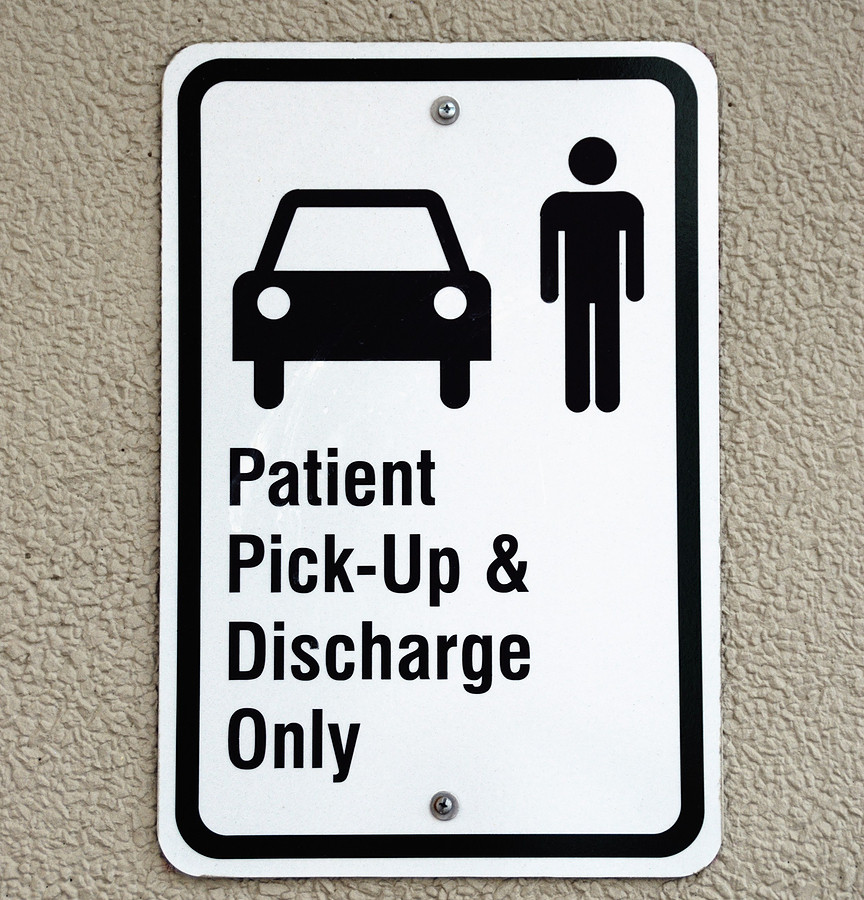Harvard Health Blog
Medication errors a big problem after hospital discharge

After a hospitalization, being discharged is a key step on the road to recovery. But that road can take a dangerous turn—namely, a serious problem with one or more medications. It’s a common problem that many people experience within a few weeks of leaving the hospital. Researchers at Brigham and Women’s Hospital reported in the Annals of Internal Medicine that even the involvement of a pharmacist doesn’t help much to prevent medication errors.
“Half the patients had medication errors when they went home, whether there was a pharmacist intervention or not,” says Dr. Jeffrey Schnipper, one of the authors of the study, published in the Annals of Internal Medicine, and the director of clinical research for Harvard-affiliated Brigham and Women’s hospitalist service.
What they found
Researchers focused on 851 people hospitalized for heart disease at Brigham and Women’s and Vanderbilt University Hospital. Half received standard hospital discharge instructions. The other half received two visits from a pharmacist—one within two days of admittance to the hospital and another at discharge. At the second visit, the pharmacist reviewed the person’s prescribed medications and gave him or her an illustrated pill card with a list of the medications and pictures to explain the reason for each one. After discharge, each patient received a telephone call within 1-4 days to check on his or her recovery. If there were problems, the patient was referred to a pharmacist.
Despite all of that follow-up, half of the patients experienced one or more medication errors at home during the first month—23% were serious and 2% were life-threatening. Many of these were preventable. The number of errors were about the same in both groups.
Among people who were not health literate—those who had difficulty reading, understanding, and following medication instructions—help from a pharmacist reduced medication errors by 32%.
What’s the problem?
The tricky transition from hospital to home can be derailed by the health care system and by patients themselves.
On the health-care side, patients are sent home with medication regimens that aren’t integrated with medications they were taking before they arrived, says Dr. Schnipper. Medication instructions aren’t always written clearly, the hospital team doesn’t always communicate with the patient’s primary care team, and physicians sometimes don’t check on a patient’s recovery often enough.
Some of the responsibility lies with patients. Many don’t fully understand discharge/medication instructions and don’t ask someone to explain them more clearly. Others don’t follow medication instructions when they get home, and miss doses or go back to the medications they were taking before hospitalization. Some don’t monitor or report their side effects.
Reducing errors
A two-part problem requires a two-part solution. For health care workers, Dr. Schnipper believes that better communication is key. “We assume if people talk a good game, they understand the instructions, but it’s not always the case,” he says. Doctors, nurses, and pharmacists need to do a better job explaining the new medication regimen and making sure the patient understands it. Better communication between the hospital team and the patient’s primary care team, and better post-discharge follow-up would also help.
Patients can also do a lot to prevent post-discharge medication errors. These steps actually begin during the hospitalization.
- Have someone bring to the hospital a list of your medications that is accurate and up to date.
- Have a partner, family member, or caregiver with you when you are being given your discharge instructions.
- Before leaving the hospital, make sure you understand how the medication regimen is different than your pre-hospitalization medications and why the changes are being made. If you don’t, ask again and don’t be embarrassed. “It’s our responsibility to make sure you understand,” Dr. Schnipper reassures.
- Ask what kinds of problems you need to watch for once you get home, and report new symptoms to your doctor immediately.
- Use a pillbox or chart to help you remember to take your medications.
About the Author

Heidi Godman, Executive Editor, Harvard Health Letter
Disclaimer:
As a service to our readers, Harvard Health Publishing provides access to our library of archived content. Please note the date of last review or update on all articles.
No content on this site, regardless of date, should ever be used as a substitute for direct medical advice from your doctor or other qualified clinician.













